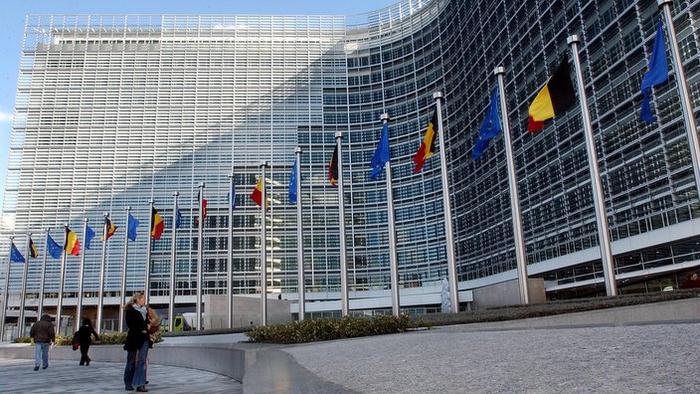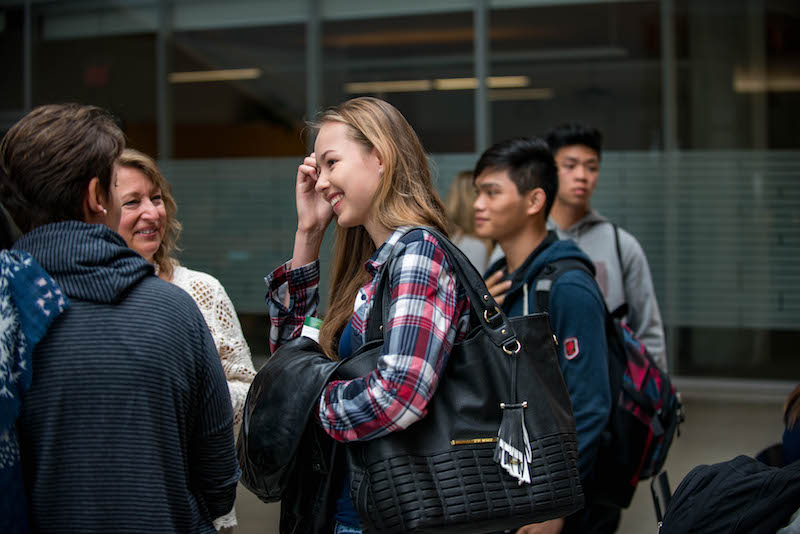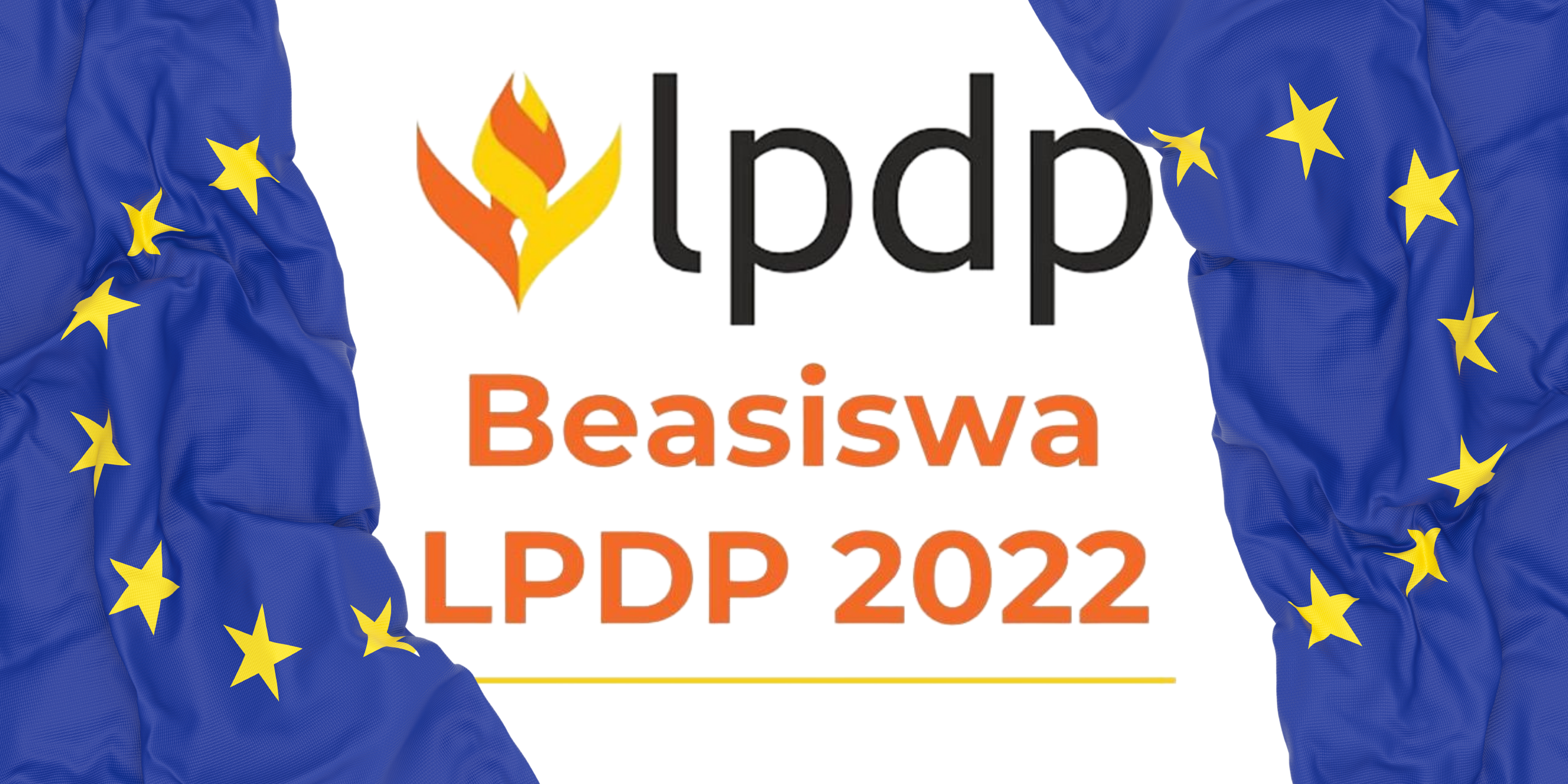Erasmus Mundus Journalism Programme Scholarships


Photo by Philip Strong on Unsplash
By Rebecca Isjwara
Ever wanted to pursue a degree in journalism that simultaneously awards you with a multinational perspective?
The Erasmus Mundus Journalism programme is for you!
This programme is a result of a venture formed by the Erasmus Mundus programme. Since 2004, the Mundus Journalism Consortium aims to offer a Mundus Master’s degree in journalism. The programme itself focuses on journalism, media, and globalisation, and lasts for two years.
The good news? There are scholarships available for you!
What is the Erasmus Mundus Journalism programme?
This master’s degree awards students with an MA degree in journalism, media, and globalisation.
The programme itself spans two years and allows you to live in two different countries in each year: Denmark and a second country of your choice, depending on your specialisation. The foundation year (year 1) will be spent in Aarhus University and the Danish School of Media and Journalism (DMJX) in Aarhus, Denmark.
For more information about Studying in Denmark, click here.
The specialisation year allows you to choose one of four areas you would like to focus in:
- War and Conflict is offered in Swansea University
- Business & Finance is offered in City University of London
- Journalism and Media across Cultures is offered in the University of Hamburg
- Media and Politics is offered in the University of Amsterdam.
Students will choose their specialisation when applying for admission to the programme. Apart from the aforementioned locations, nine additional students (upon discretion of the programme) will be granted a chance to spend their second semester at Berkeley, USA; Santiago, Chile; or Sydney, Australia.
For the list of universities in Europe, click here.
How do I get admitted?
The programme itself is competitive - about 80-90 applicants out of 500 are admitted into the Mundus Journalism programme.
The three general criterias to be eligible for admission are:
1. Have a completed bachelor degree in a related field.
The programme will consider any arts/humanities and social sciences degrees to be automatically relevant, but other qualifications will be reviewed by the consortium to ensure equivalency. The selection committee will also look at academic excellence attached to the degree, i.e. an above-average GPA for the aforementioned bachelor’s degree.
2. Have fluent English qualifications.
The Erasmus Mundus Journalism programme will be conducted in English, and the consortium has deemed it fit that students fulfill formal English qualifications (if the students are not native English speakers). To be certified for the programme, applicants must take the IELTS test (no substitutes are accepted) and must score a minimum of 7.0 in all four test categories: listening reading, writing, and speaking.
Need help with your IELTS test prep? Find our complete guide here!
3. Have a minimum of three months of journalism experience.
As the programme aims to train journalists to their fullest potential, the consortium requires some journalism background to ensure that applicants can gain the best out of the programme.
The selection committee also considers freelance experience to be valid as long as there is proof that the work done is equivalent to three months of full-time experience in journalism. One method of doing that is by asking for a letter of reference, most convincingly from your current or previous editor-in-chief.
What are the fees associated with the programme? Are there scholarships?
Non-EU nationals are required to pay €18,000 for the two-year Mundus Journalism Masters programme. Since the programme is part of the EU Mundus programme, applicants are eligible to receive the Mundus scholarships. There are also scholarships offered by the Mundus Journalism Consortium: 25% of the admission cohorts will be offered a scholarship. Students are awarded up to €47,000 to cover tuition, living costs, and other related fees.
Students who do not receive any form of scholarship are eligible to apply for an Erasmus+ stipend for the second year of the programme. The stipend is worth around €2,300, which is given out in a 10-month period for €230 per month. According to the consortium, all eligible students have been able to receive this stipend.
Learn more about the programme and the related information on their official website.








